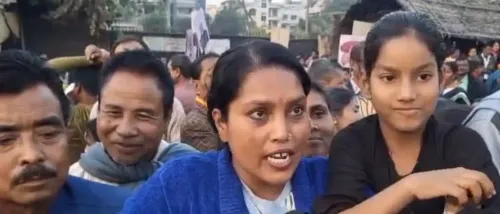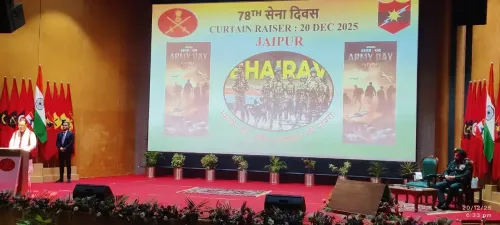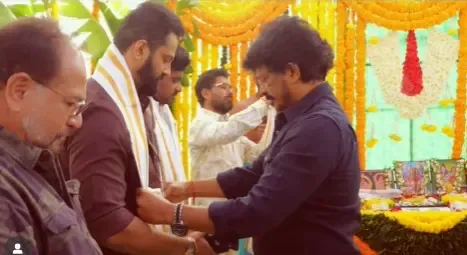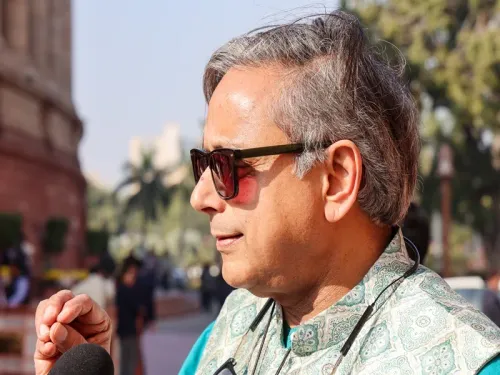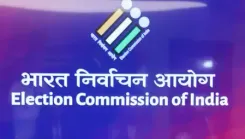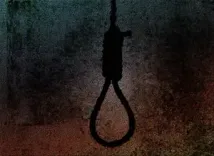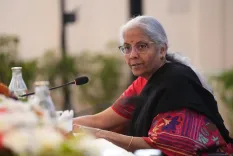Has Congress Ever Apologized for the Emergency?
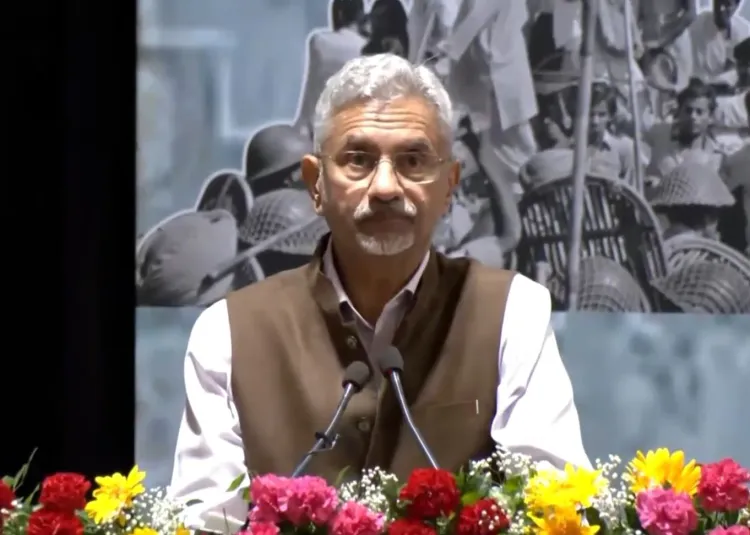
Synopsis
Key Takeaways
- Jaishankar's criticism highlights the importance of accountability.
- Understanding the Emergency is crucial for today's youth.
- National interests should always take precedence over individual agendas.
- Unity among political parties is vital in advocating for democracy.
- Historical events shape contemporary political discourse.
New Delhi, June 27 (NationPress) The Minister of External Affairs, S. Jaishankar, criticized the Congress party for its failure to apologize even after 50 years since it enforced the Emergency, which he described as a murder of the Constitution.
During a Mock Parliament event organized by Delhi BJP to commemorate this troubling period, Jaishankar remarked, “Some individuals carry a copy of the Constitution, yet their respect for it is superficial. Has the Congress ever expressed regret for the Emergency?”
He emphasized, “Simply possessing a copy of the Constitution means nothing unless it resides in your heart and mind,” subtly referencing Congress leader Rahul Gandhi, known for publicly displaying a pocket-sized Constitution.
Jaishankar noted, “I advise the youth that the Emergency arose when a family’s interests took precedence over those of the nation, which was done with great pride.”
“Today, we assert that national interests should always come first,” he added.
“It is crucial to educate the younger generation about the threats posed during the Emergency—how our democracy and Constitution were trampled and how media restrictions were imposed, affecting India’s reputation globally,” he commented.
Highlighting recent diplomatic efforts following the Pahalgam terror attack, he expressed pride in seeing non-BJP leaders like Shashi Tharoor, Supriya Sule, Sanjay Jha, and Kanimozhi Karunanidhi leading Parliamentary delegations to convey India's resolute stance against terrorism.
“I take pride in the unity of delegations from all parties advocating for our national interests and delivering a message of zero tolerance toward terrorism,” he stated.
Discussing the feedback from delegates after these diplomatic missions, he shared, “They noted that hosts in every country were particularly impressed by the inclusion of all parties, including opposition members.”
The Emergency lasted for 21 months, from June 25, 1975, to March 21, 1977, instituted under Article 352 of the Constitution by President Fakhruddin Ali Ahmed, under the influence of then-Prime Minister Indira Gandhi.
During the Emergency, fundamental rights were suspended, media freedoms were severely restricted through strict censorship, judicial independence was compromised, and countless individuals were detained without trial.


